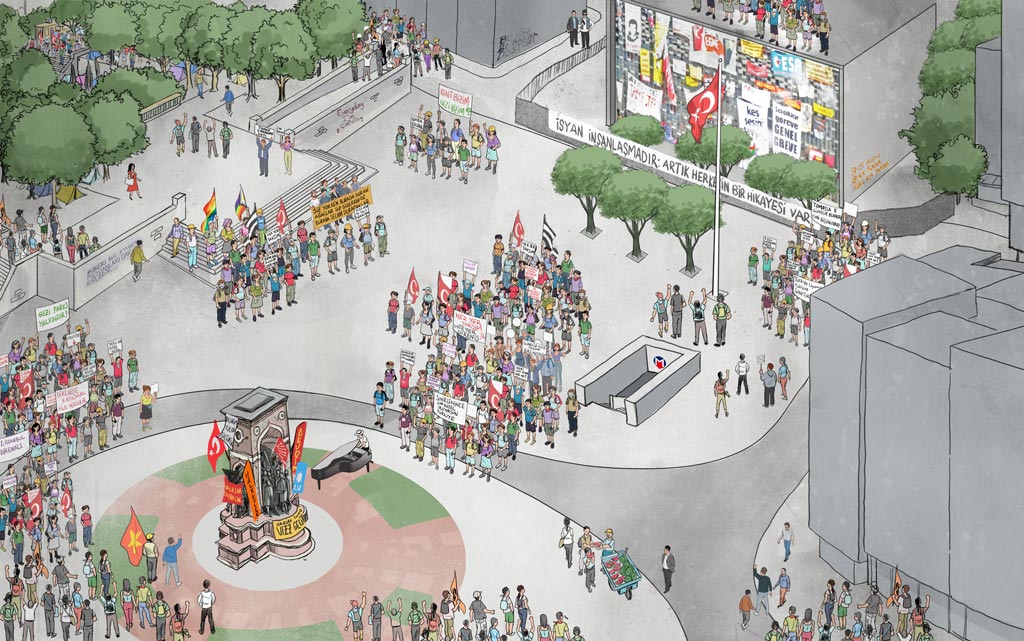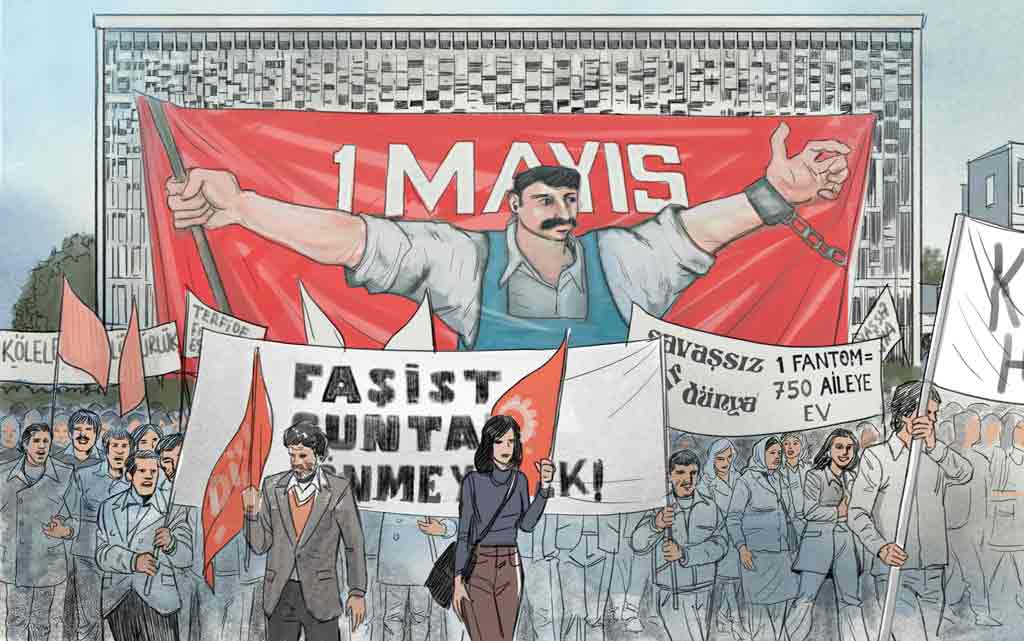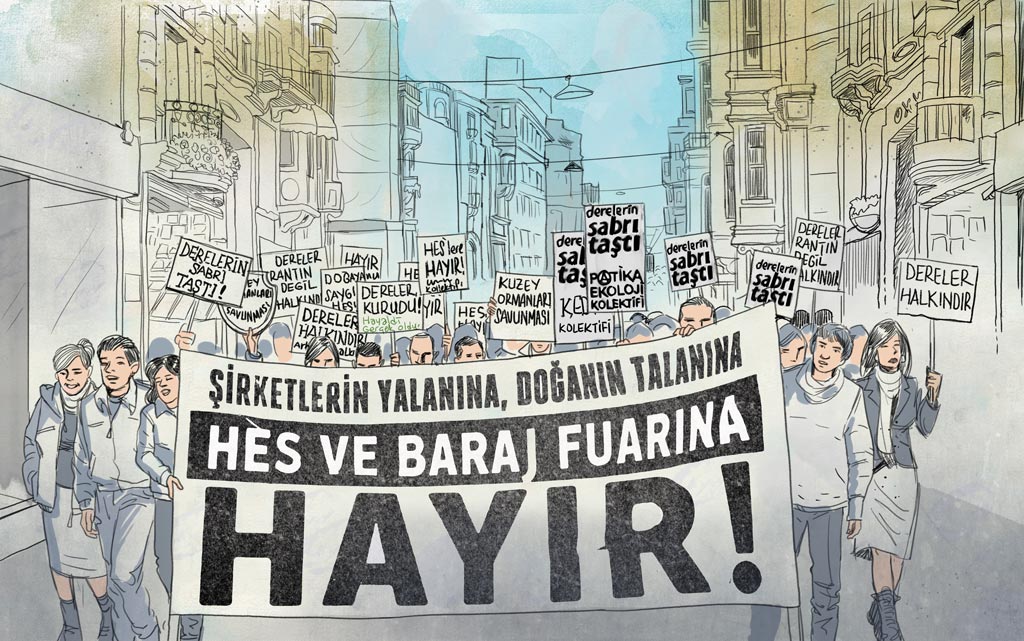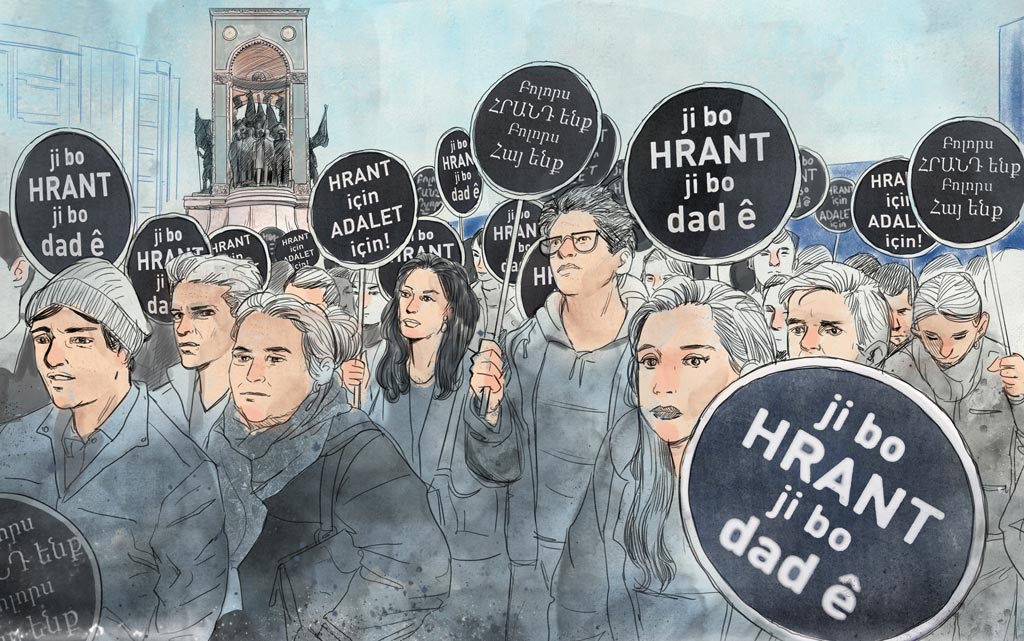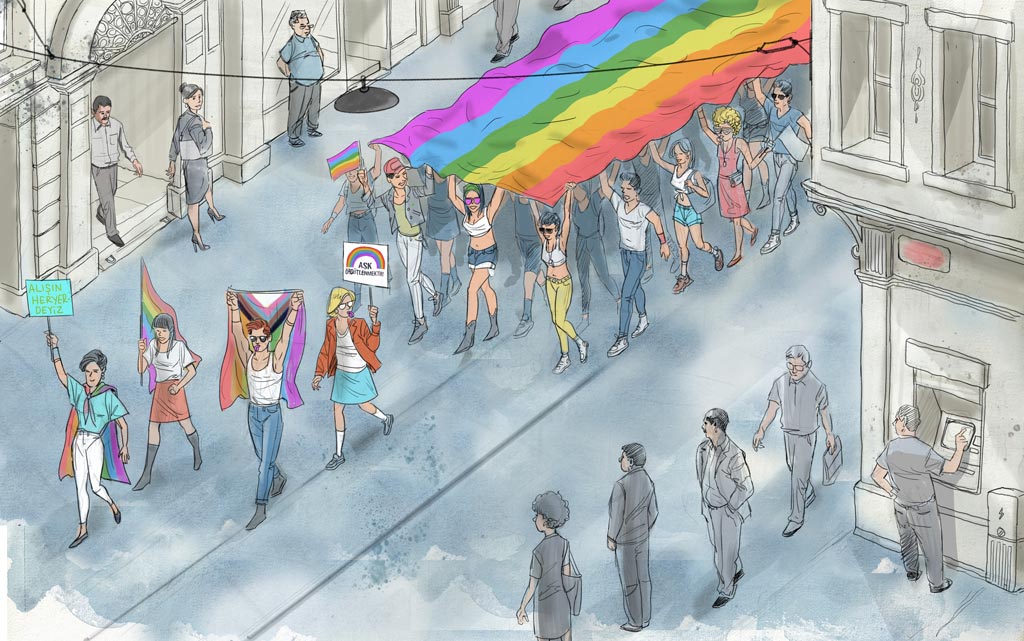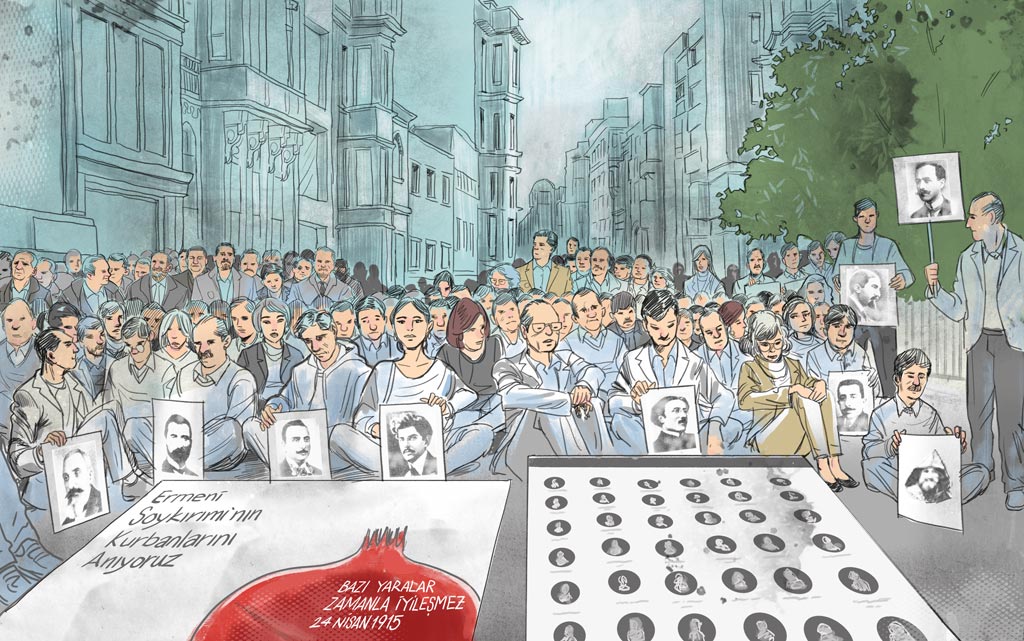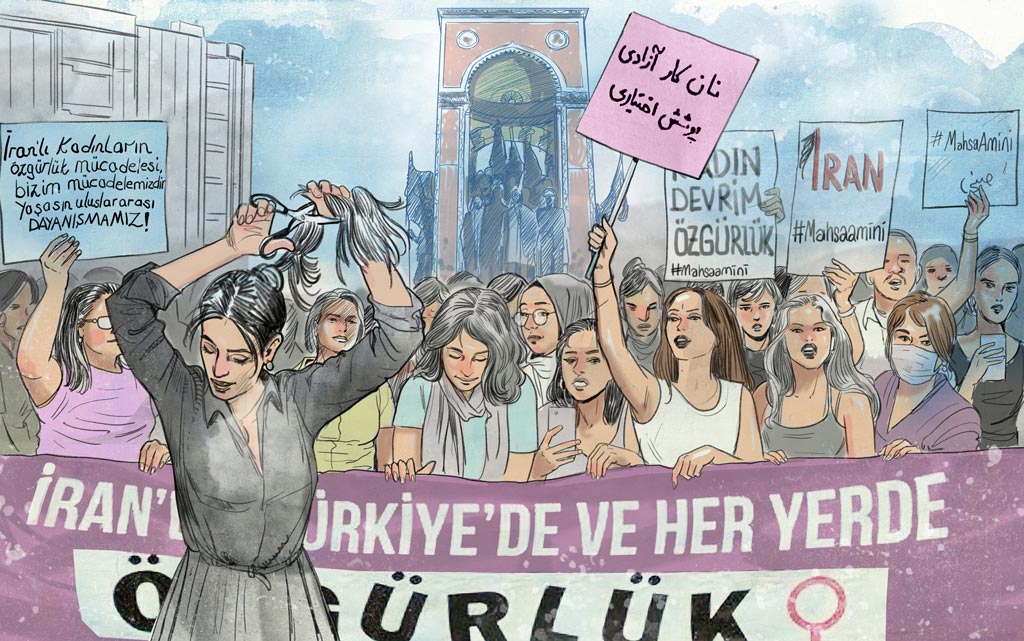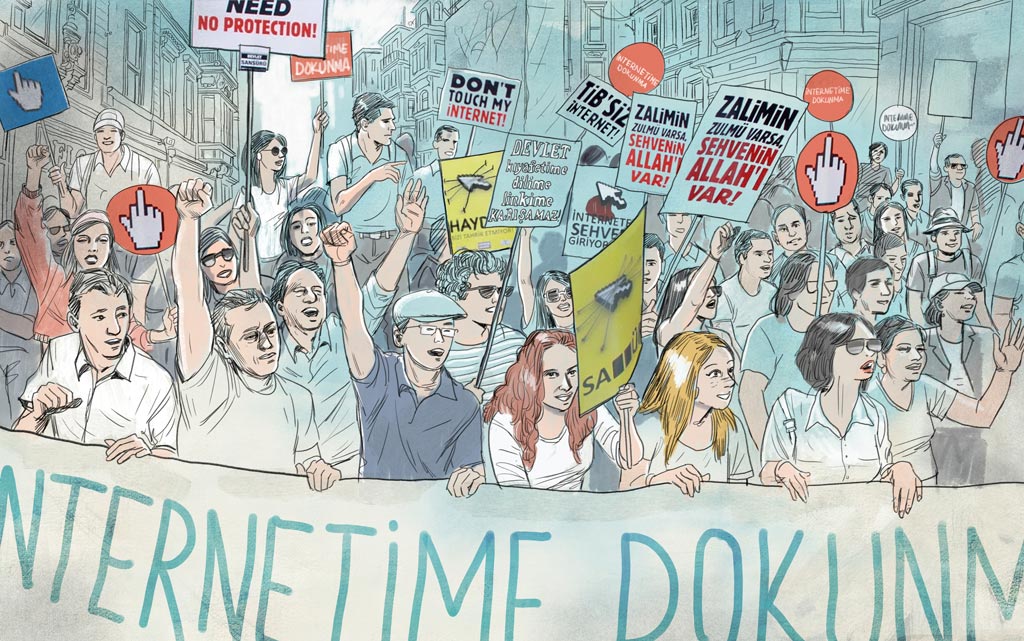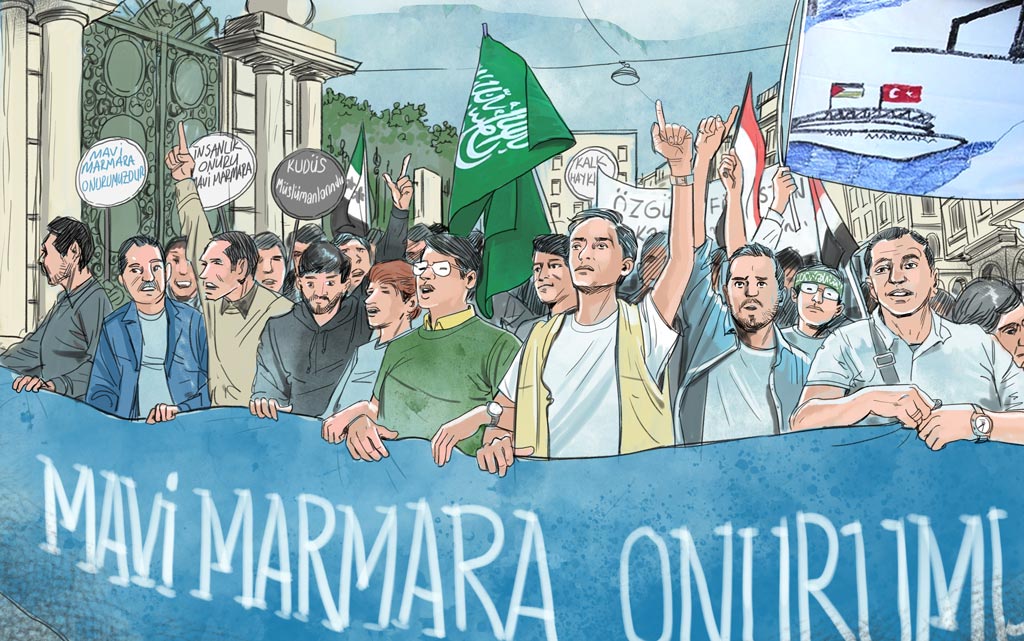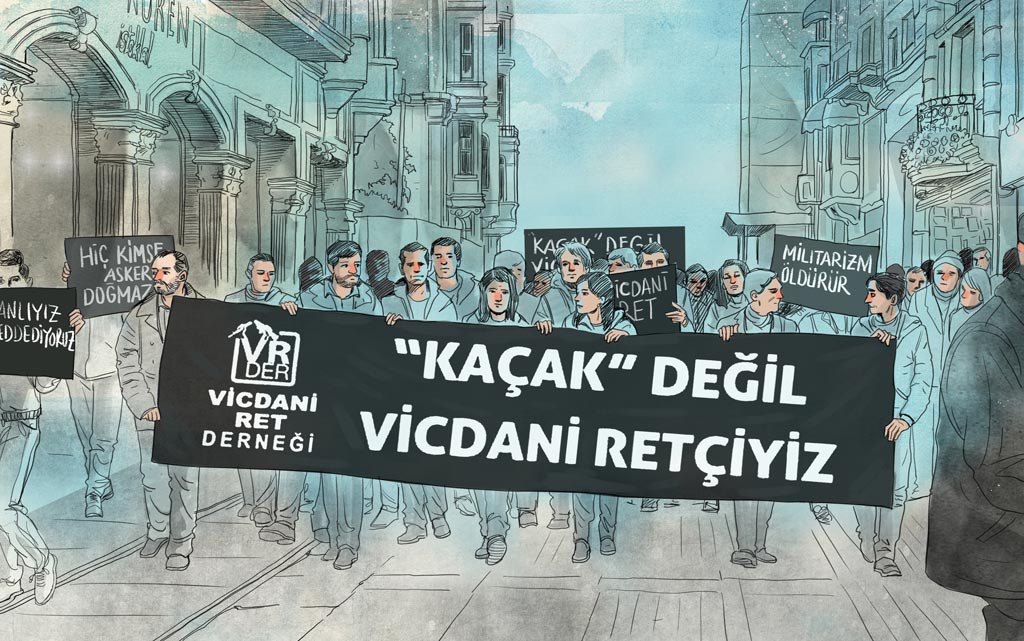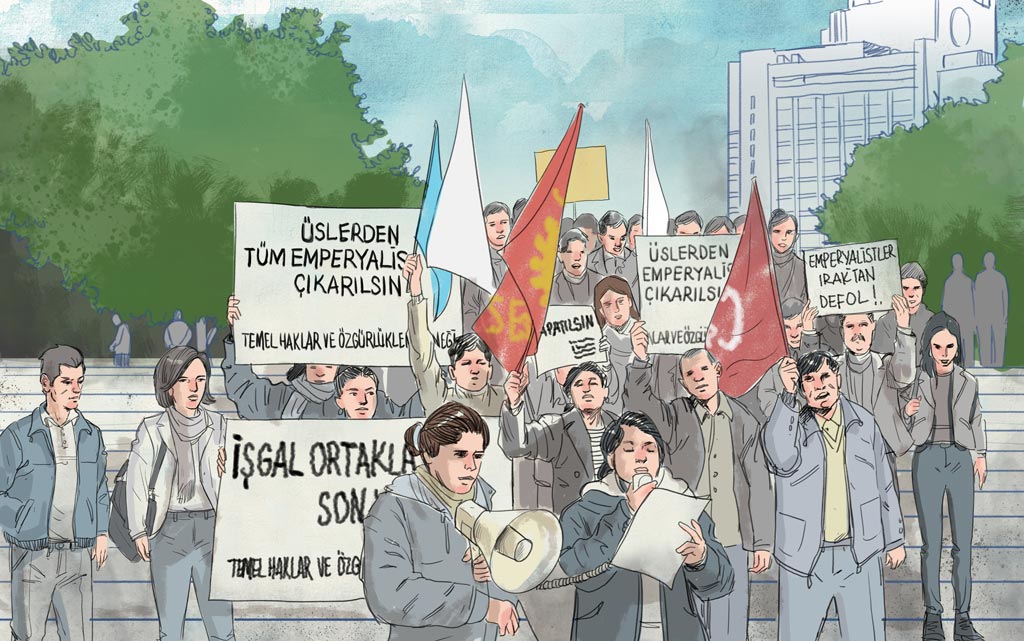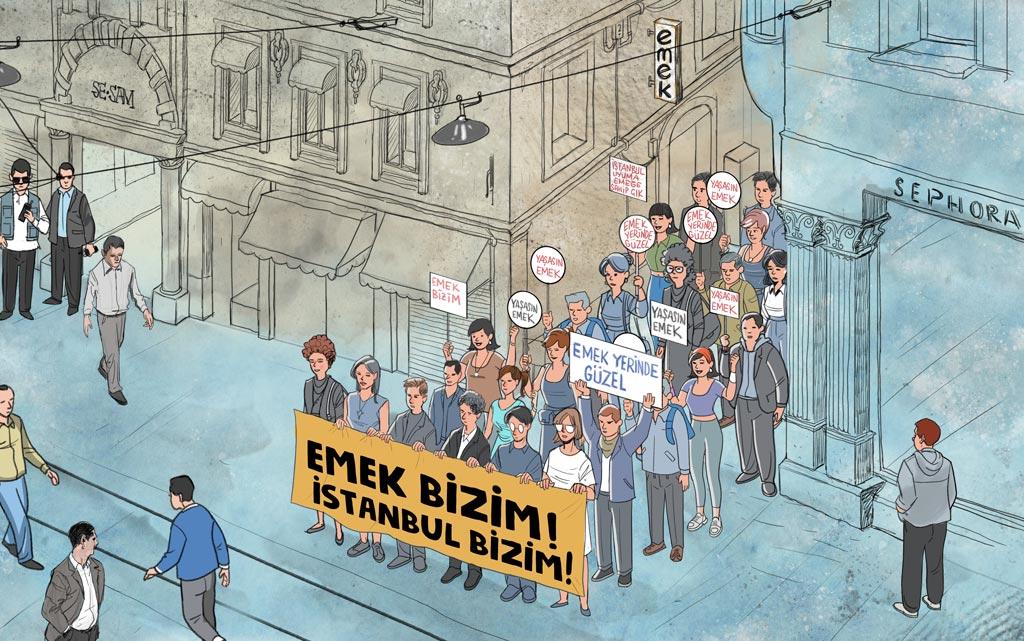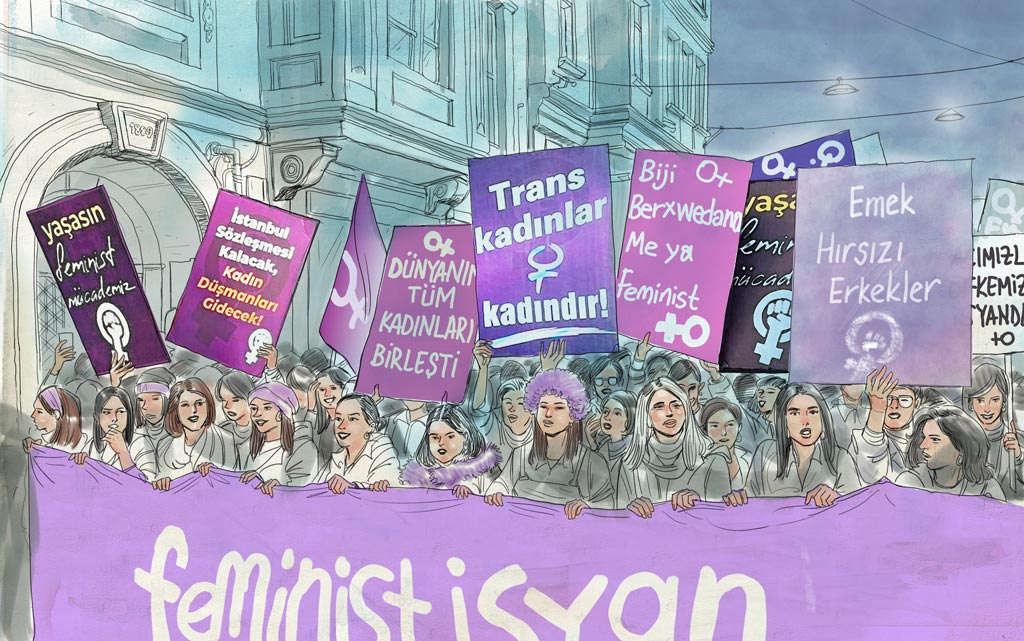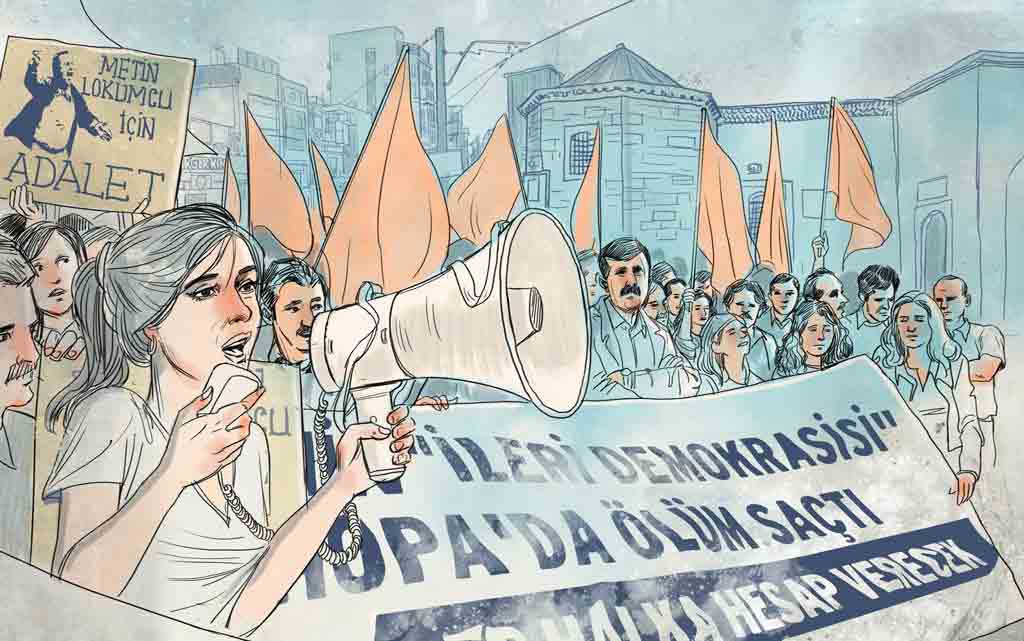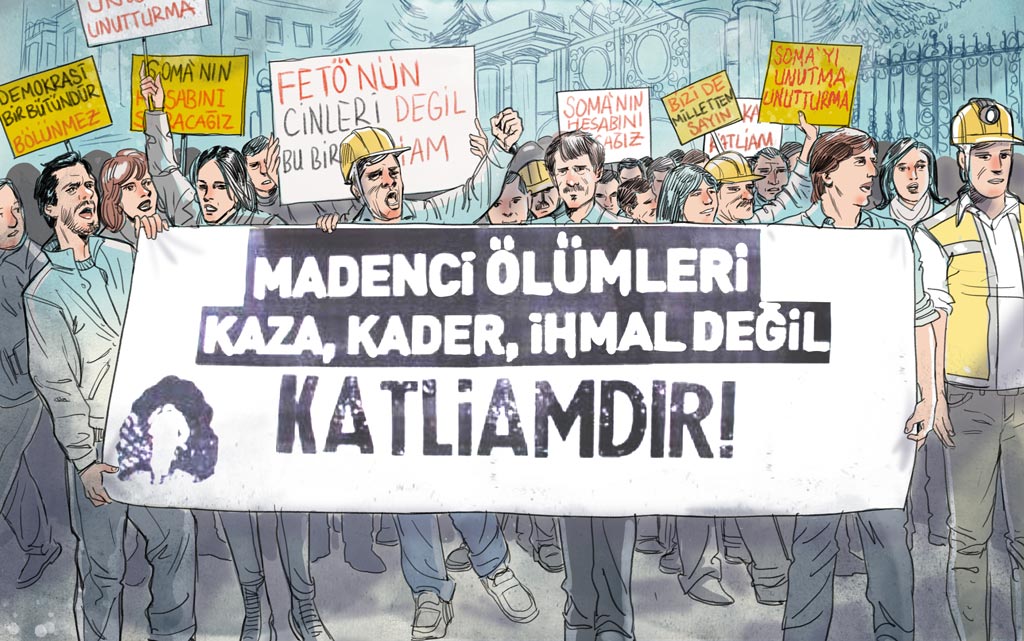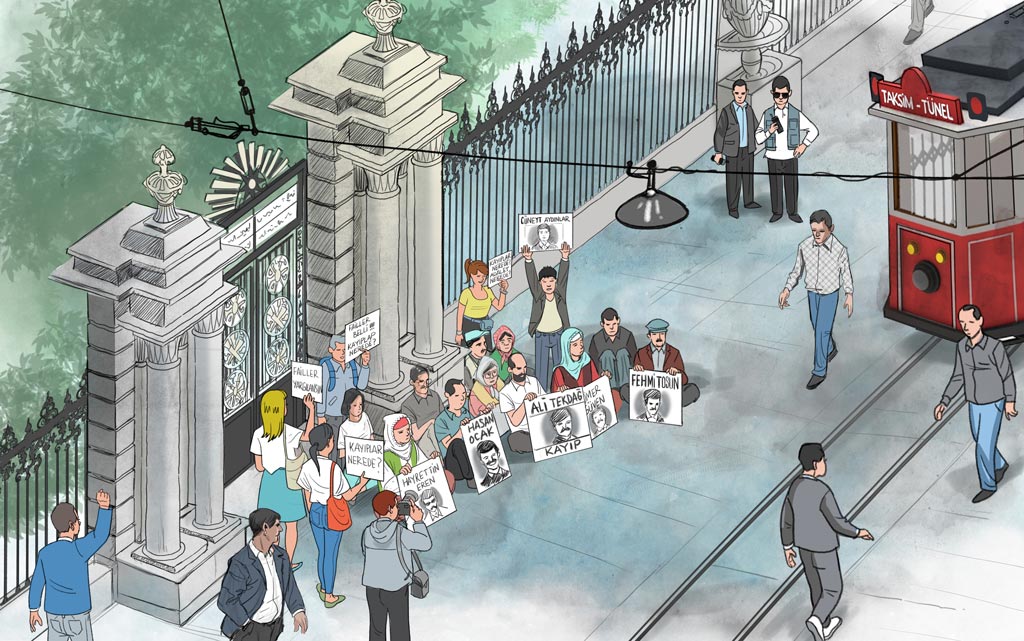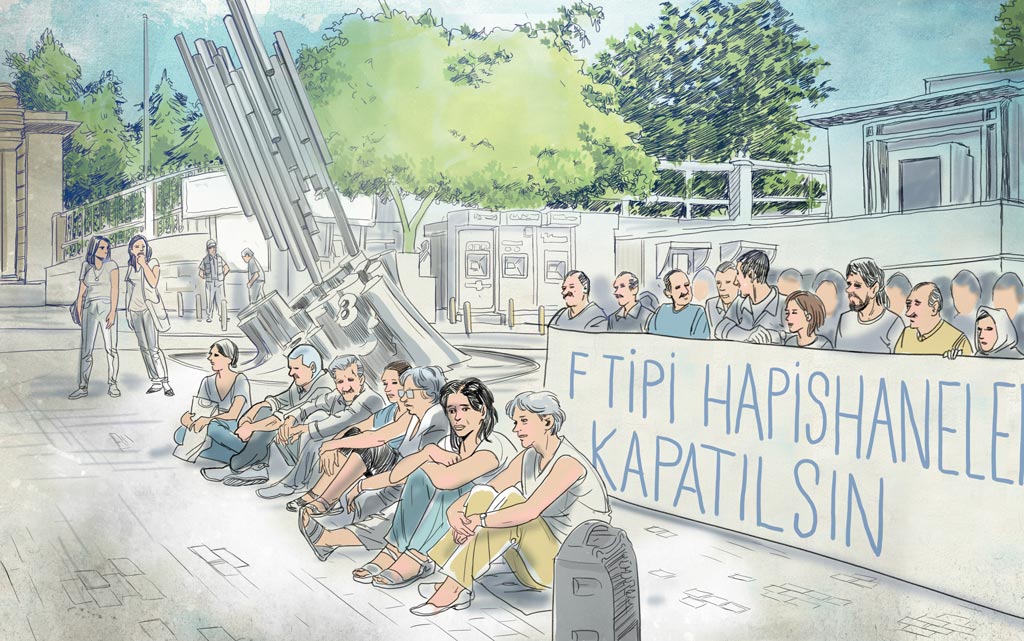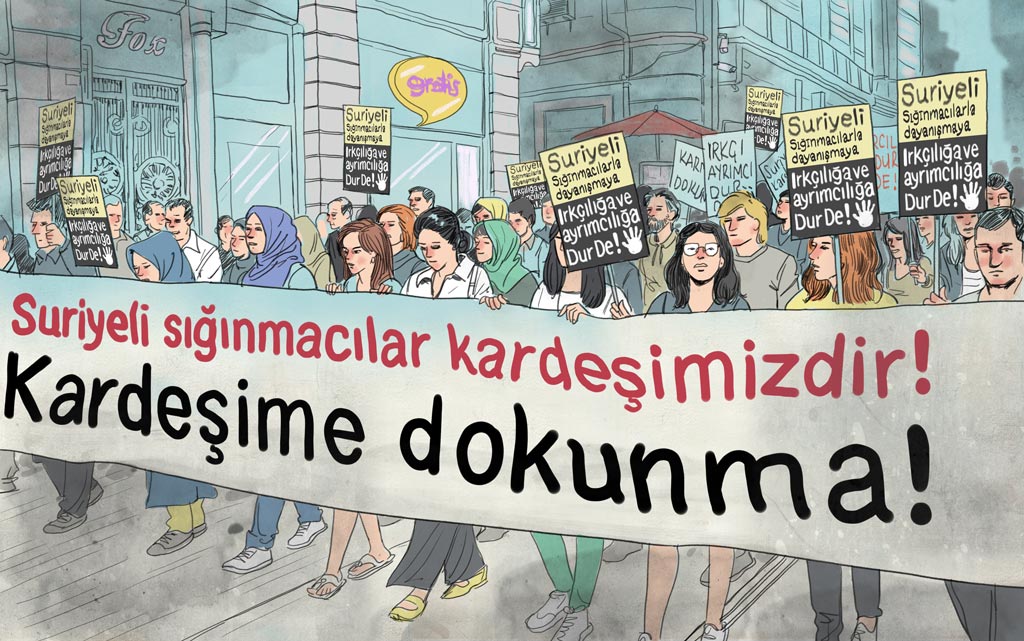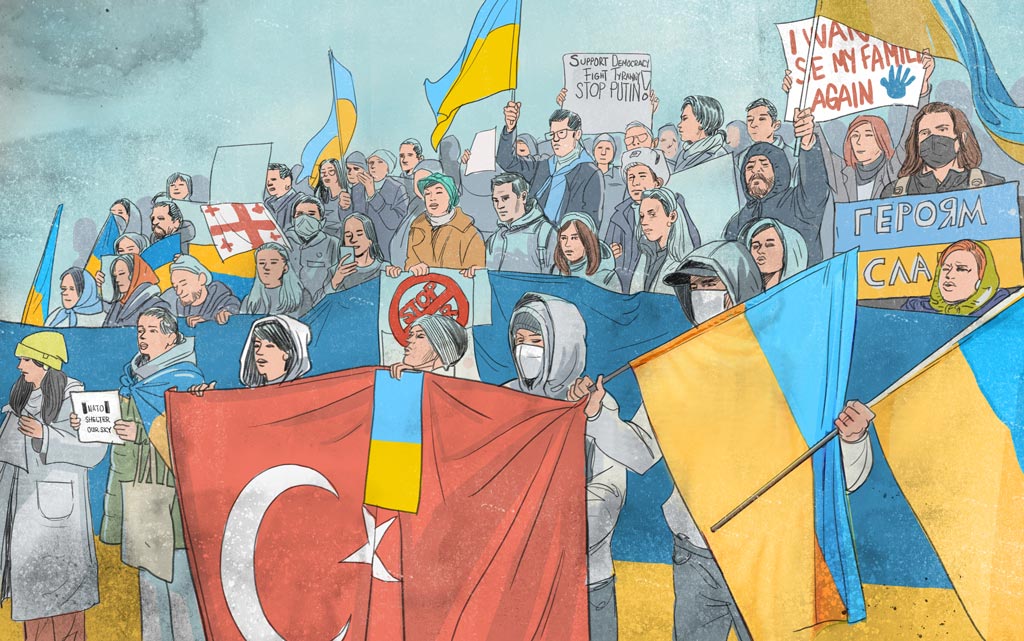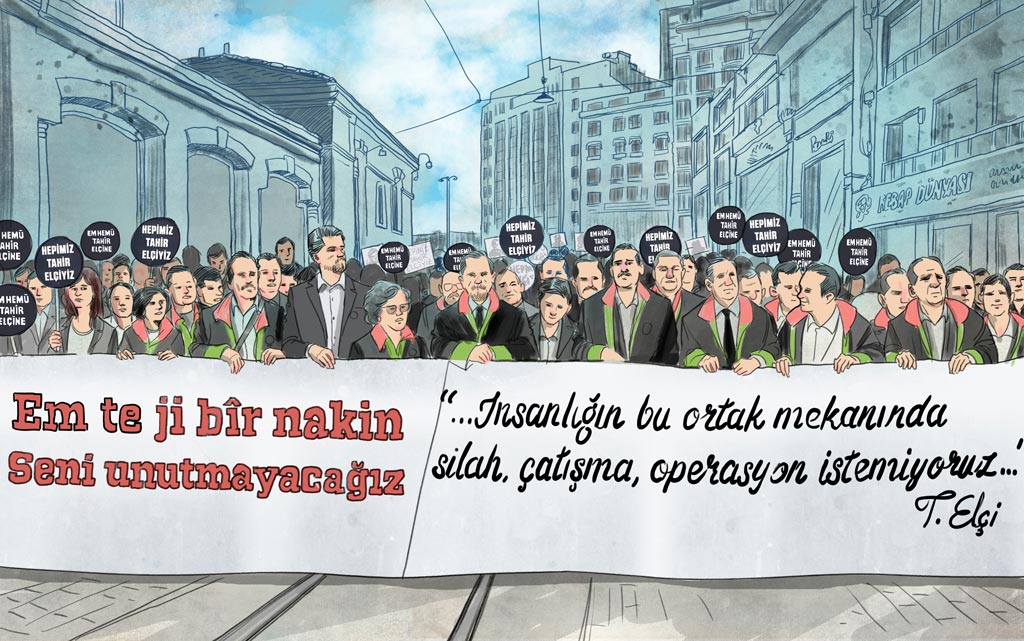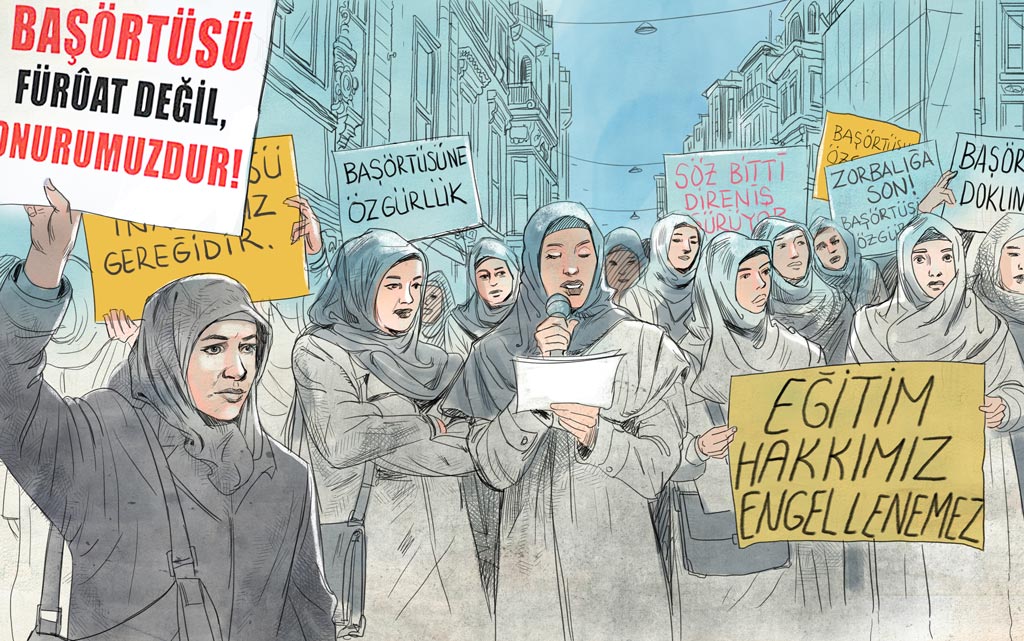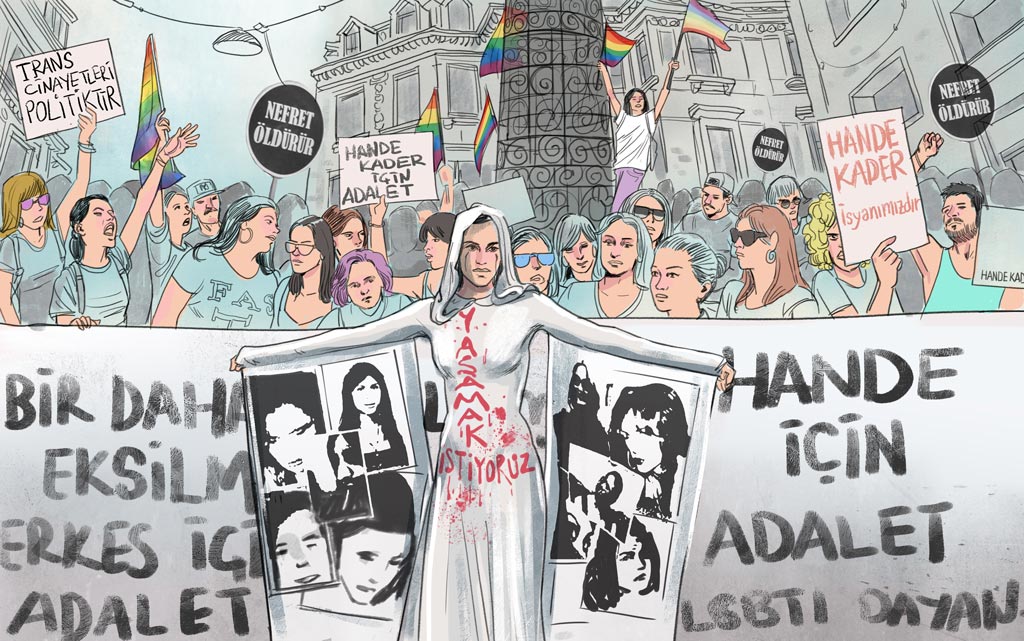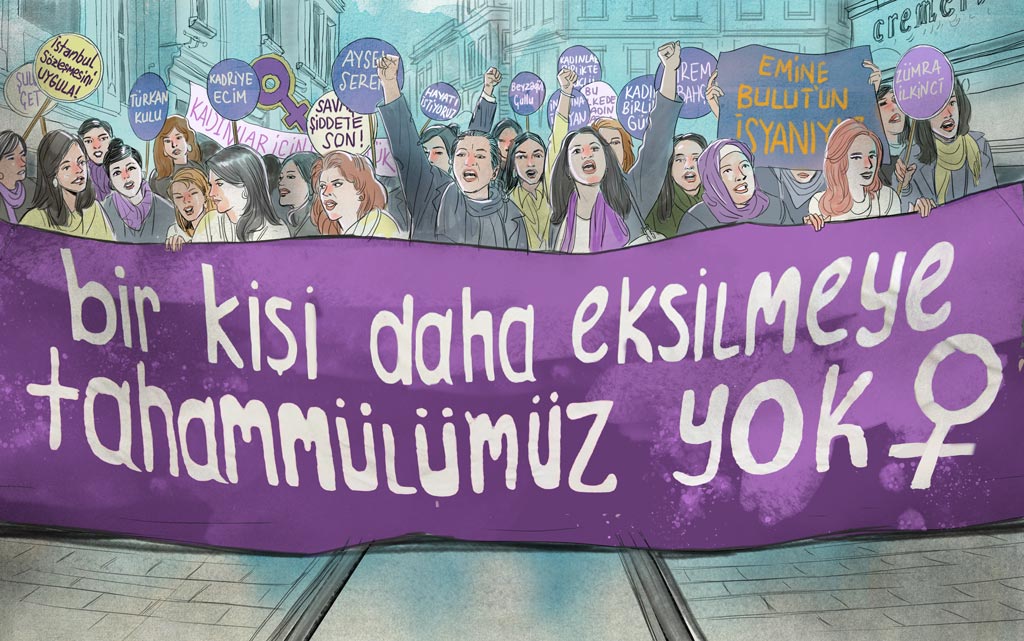The Gezi Park protests, which began in May 2013 and continued across Türkiye with millions of people having taken to the streets, are the most massive demonstrations in Türkiye's history. They also marked a turning point in the government’s restriction of the right to peaceful protest in the country.
Originally started to prevent the demolition of Taksim Gezi Park as part of the Taksim Pedestrianization Project and the reconstruction of the Artillery Barracks without a zoning permit, the protests quickly gained a mass character and spread across Türkiye when the tents of the protesters staying in the park were burned by the police. Following days, protestors witnessed unprecedented police violence and the number of protesters gradually increased. As of 2 June, the police withdrew from Gezi Park and the surrounding area, and these areas were occupied by protesters. However, police actions continued in other cities and elsewhere in Istanbul. On 16 June, police used violence to clear Gezi Park and its surroundings and dispersed the protesters. The protests continued in other areas in the following period but fizzled out in time. During the protests, which lasted for nearly three weeks, eight people were killed, one of them a police officer, and nearly 10,000 people were injured. Thousands were prosecuted.
Seven people accused of leading and financing the largely peaceful Gezi protests against the government's plan to demolish Gezi Park were acquitted in the subsequent trial, but later their acquittals were overturned and they were retried and arrested. Amnesty International has declared Osman Kavala, Mücella Yapıcı, Çiğdem Mater, Mine Özerden, Can Atalay, Tayfun Kahraman and Hakan Altınay, who have been imprisoned in this case, as prisoners of conscience.


